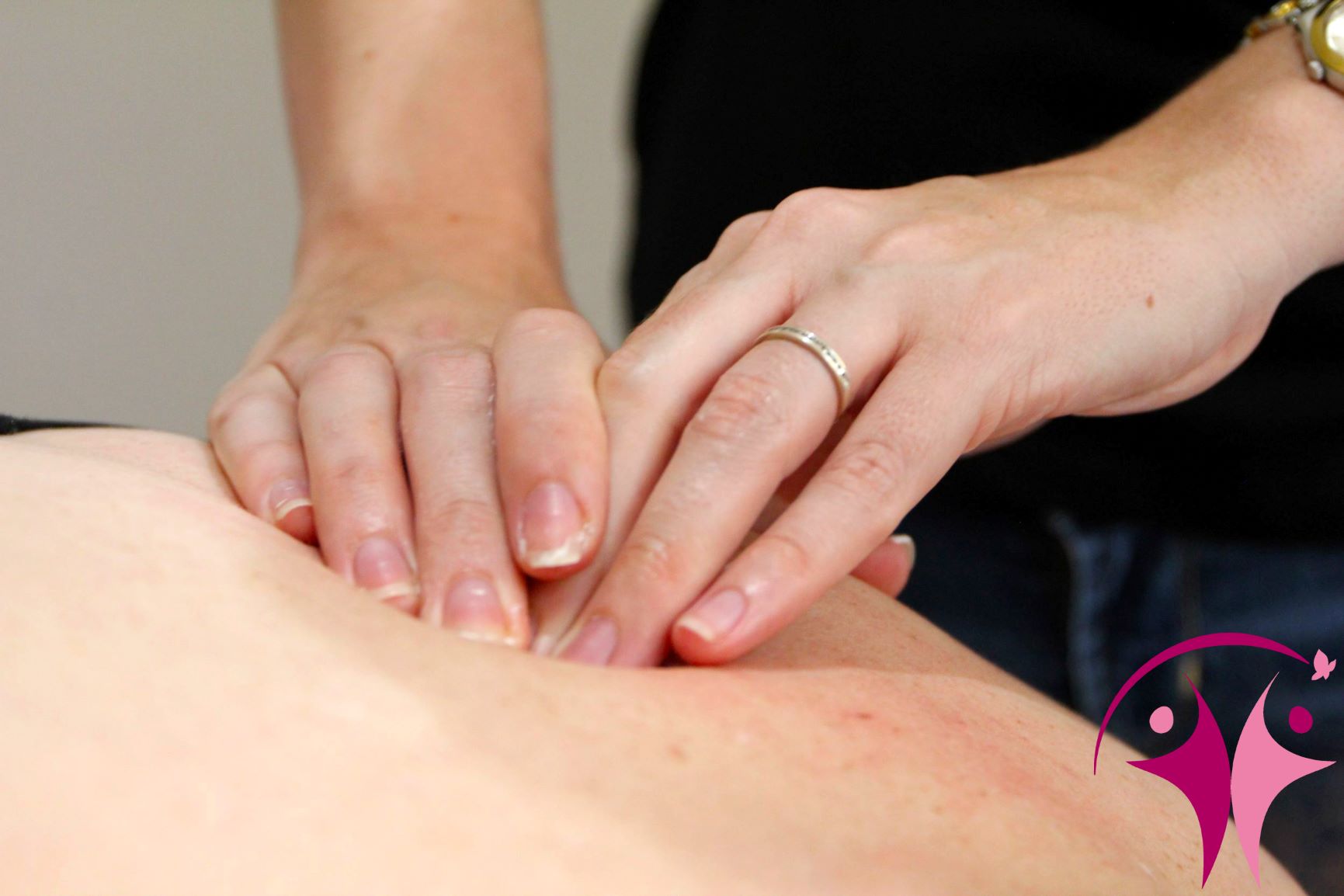Back, Neck and Other Joint Pain
Low back pain can be a result of an imbalance between the dynamic interactions of the spine, pelvis, hips, and extremities.
Neck pain is often a product of stress and tension which can result in cervicogenic headaches (headaches arising from the neck). Temporomandibular joint (TMJ) problems can also result in neck pain and headaches, and can be alleviated with comprehensive physiotherapy.
Chronic Pain Management
Chronic pain can be described as a pathological, amplified pain that persists longer than the expected tissue healing time. It is a highly complex, multifaceted condition that is influenced by many factors including stress, anxiety, fear, pain beliefs and more.
There are many disorders that fall under the umbrella term of chronic pain, one being fibromyalgia. Fibromyalgia is characterised by widespread musculoskeletal pain accompanied by fatigue, poor sleep quality, memory difficulties, and mood fluctuations.
Physiotherapy can help those suffering with chronic pain to develop the skills needed to not only manage their condition, but increase their activity and improve their quality of life. Chronic pain treatment is always a collaborative process between the physiotherapist and patient to achieve mutual goals.
Sports and Other Injuries
Our Physiotherapists are passionate about rehabilitation and restoring our patients to their pre-injury form. Through hands-on treatment and specific rehabilitation exercises and protocols, they aim to get you back up and moving after an injury or surgery, with injury or re-injury prevention in mind.
Swelling after an injury can also be effectively treated using a combination of lymph drainage and massage techniques, and taping.
Pelvic and Women's Health
Pelvic and Women’s Health encompasses many different conditions from ante-natal care through to post-natal care, including breast care during breastfeeding. It also includes the management of pelvic pain and pelvic floor dysfunction.
Pelvic pain can occur at any stage in a woman’s life, including in the ante- and post-natal stage, this condition can also refer to pain during sexual intercourse.
Pelvic floor dysfunction refers to urinary and bowel dysfunction including incontinence, prolapse and pain.
Natalie has completed a course on Low Pressure Fitness, which is a specifically designed exercise program to help women with pelvic floor dysfunction.
Women’s Health also includes treatment post-mastectomy and post- other urogynaecological surgeries.
Lymphoedema Therapy
Lymphoedema is the abnormal swelling of part(s) of the body due to a build-up of excess fluid in the tissues below the skin. It occurs when there is a dysfunction in the lymphatic system.
Signs and symptoms of lymphoedema include:
– Painless or painful swelling
– Fullness or heaviness in the body part
– Tightness of the skin
– Difficulty or tightness when wearing clothing and jewellery
– Long standing lymphoedema can cause the skin to change and become discoloured, thickened and hard
There is no cure for lymphoedema, but this condition can be well managed with the correct care. This involves early diagnosis and treatment with a certified therapist who can offer Complete Decongestive Therapy (CDT). CDT involves manual lymph drainage, compression therapy with bandaging and compression garments, and exercise.
CDT can also be used to treat all other forms of swelling such as acute swelling after an injury or surgery, as well as from various inflammatory conditions such as arthritis.
Natalie Elias is a certified CDT physiotherapist who can offer this comprehensive treatment.
Post-Surgery Treatment
Physiotherapy is essential after most surgeries as it can aid with improving mobility, strength, endurance, and the quality of the soft tissue – including any scar tissue. Most importantly, physiotherapy can help in restoring patients to their pre-surgery form.
Swelling after surgery can also be effectively treated using a combination of lymph drainage and massage techniques, and taping.
Pilates and Exercise Classes
Natalie Elias Physiotherapy offers exercise classes twice a week. These classes are based primarily on Pilates principles, whilst also incorporating stretching and mobilising exercises. Our classes aim to assist with back and neck condition rehabilitation, post-operative and injury rehabilitation, and preventing the reoccurrence of injuries. Other benefits include developing optimal strength, flexibility, endurance, and improving balance, co-ordination and circulation. Our classes are small, allowing for individualized and focused attention.
Craniosacral Therapy
Craniosacral Therapy (CST) is a form of body work that uses a gentle, hands-on approach aimed at improving the functioning of the central nervous system. CST releases restrictions of the craniosacral system, which is comprised of the membranes and cerebrospinal fluid protectively encasing both the brain and spinal cord. CST can be used as both a primary treatment method, or in conjunction with other modalities – as it complements and promotes the body’s natural healing processes.
Respiratory Conditions
Chest-based physiotherapy aims to remove excess secretions, promote expansion of the lungs, and strengthen the respiratory muscles. Our physiotherapists can treat a wide variety of conditions in infants, children and adults. Physiotherapy is also helpful in the treatment of sinusitis.
Treatment Techniques
We use a hands-on treatment approach which includes:
- Myofascial release
- Joint mobilisation
- Neural tissue mobilisation
- Manual lymph drainage
- Dry needling
- Taping
- Craniosacral therapy
- Exercise prescription and rehabilitation programs
- Biofeedback and neuromuscular electrical stimulation
- Laser therapy
- Home visits






